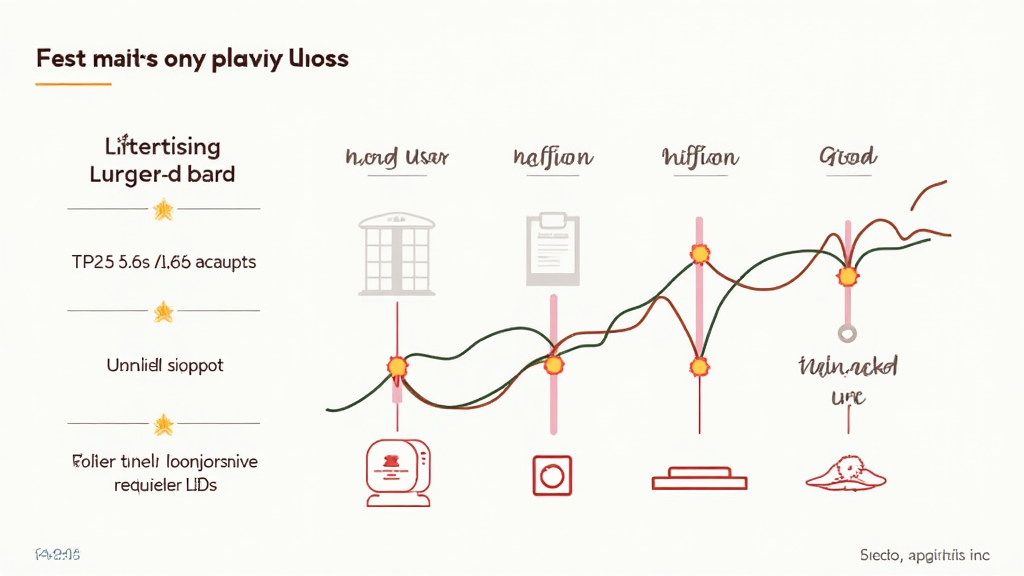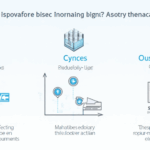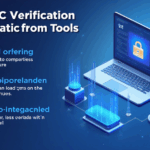Introduction
As the cryptocurrency market continues to evolve, so do the regulatory frameworks that govern it. In Vietnam, the rise of digital assets has prompted significant changes in policies relating to Anti-Money Laundering (AML) compliance. In 2024 alone, it’s estimated that over $4.1 billion was lost in DeFi hacks globally, highlighting the urgent need for robust compliance measures in the crypto space.
Understanding cryptocurrency AML compliance in Vietnam is crucial for exchanges, investors, and anyone involved in the digital asset ecosystem. This article aims to elucidate the intricacies of AML compliance specific to the Vietnamese market, ensuring stakeholders are well informed and prepared.
The Current State of Cryptocurrency in Vietnam
Vietnam is witnessing an unprecedented growth in cryptocurrency adoption, with a reported over 2 million users engaging in various digital asset transactions as of 2023. This rapid adoption trajectory calls for stringent regulatory frameworks to deter illicit activities associated with crypto transactions.

Market Growth Statistics
- In 2023, Vietnam’s crypto user base was reported at 2 million, marking a 600% increase from 2021.
- According to Statista, by 2025, the number of crypto users in Vietnam is expected to reach 10 million.
- Investment in blockchain technology within Vietnam is projected to grow at a rate of 30% annually.
Understanding AML Compliance in Cryptocurrency
AML compliance is a set of regulations, laws, and procedures intended to prevent criminals from disguising illegally obtained funds as legitimate income. For cryptocurrency platforms, complying with AML requirements is paramount for operating legally and maintaining a trusted relationship with users.
Key AML Regulations in Vietnam
The Vietnamese government has been proactive in establishing a legal framework for cryptocurrency operations. Key AML regulations include:
- Decree No. 80/2016/ND-CP: Focuses on combating money laundering activities and sets the foundation for subsequent crypto regulations.
- Draft Circular on Cryptocurrency Transactions: Outlines specific obligations for cryptocurrency exchanges and their roles in maintaining AML standards.
Additionally, the State Bank of Vietnam (SBV) is actively working to implement compliance guidelines that align with the Financial Action Task Force (FATF) recommendations.
Implications for Local Cryptocurrency Businesses
For businesses operating within the Vietnamese cryptocurrency ecosystem, understanding and adhering to AML compliance is essential. Here’s what local businesses need to focus on:
- Client Verification: Implementing effective Know Your Customer (KYC) policies to verify the identity of customers is crucial for detecting suspicious activities.
- Transaction Monitoring: Regular monitoring of transactions to ensure they align with expected patterns and reporting anomalies to authorities.
- Employee Training: Ensuring that all staff are aware of AML regulations and the importance of compliance.
Real-World Case Study
Let’s take a look at a leading Vietnamese cryptocurrency exchange that faced regulatory scrutiny last year due to inadequate AML measures. Following an internal audit, the exchange implemented a comprehensive KYC policy, leading to a 70% reduction in anonymous transactions. This move significantly enhanced their compliance standing and restored user trust.
Future Directions for Cryptocurrency AML Compliance in Vietnam
As Vietnam continues to shape its approach to cryptocurrency, it is crucial for businesses and investors to stay informed about upcoming regulations:
- Adapting to Global Standards: Vietnamese cryptocurrency businesses must align with international best practices, ensuring they are not only compliant with local laws but also globally recognized standards.
- Utilizing Advanced Technology: Leveraging blockchain analytics tools can help businesses create a more secure environment and simplify compliance processes.
Examining the Role of Blockchain Security Standards
With the escalating instances of cyberattacks, understanding the importance of blockchain security standards is crucial. For example, strong encryption methods and regular security audits can help mitigate unauthorized access.
Conclusion
The rise of cryptocurrency in Vietnam presents both challenges and opportunities. Understanding Cryptocurrency AML compliance in Vietnam is key to navigating this evolving landscape. By prioritizing compliance measures and staying informed about regulatory changes, businesses can safeguard their operations and contribute positively to the reputation of the cryptocurrency sector in the country.
Stay ahead of the game and keep your perspectives aligned with the latest developments in the crypto world by visiting officialcryptonews.




